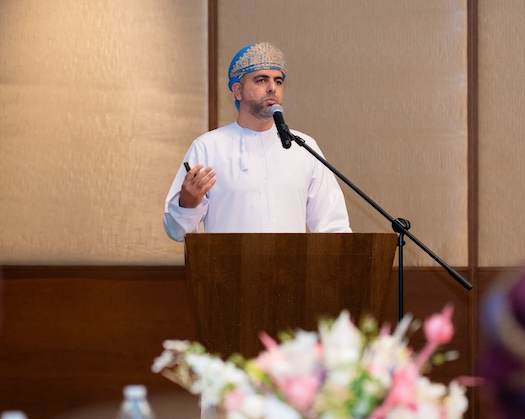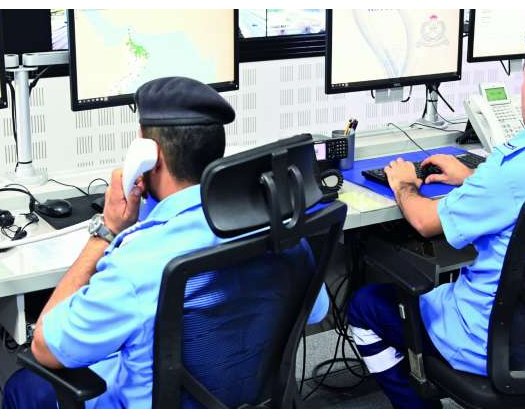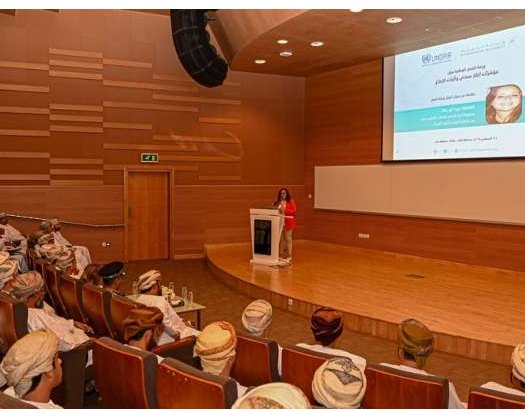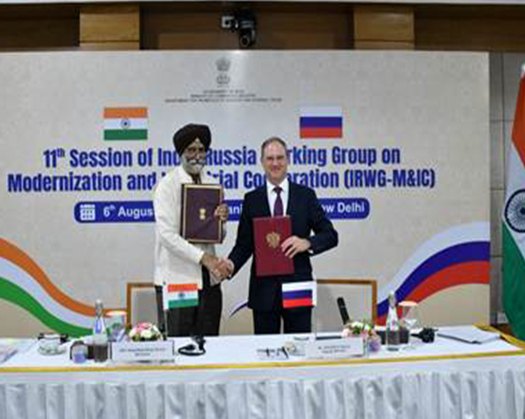Muscat: The University of Technology and Applied Sciences in Al-Mussanah recently organized a forum entitled “Libraries and Information Institutions in the Digital Revolution Era: Revolution of the Present and Future” at the Barceló Resort in South Al Batinah. This event served as a significant platform for knowledge exchange, concentrating on the pivotal role of libraries in adapting to digital transformation and the integration of artificial intelligence (AI) in contemporary information services.
During his opening remarks, Dr. Nasser Salem Al Baimani, Assistant Vice Chancellor at UTAS-Al Mussanah, underscored the university’s dedication to staying abreast of swift digital advancements. He pointed out that digital transformation is a fundamental aspect of the university's strategic vision, aimed at enhancing service quality and addressing the increasing needs of a knowledge-oriented society.
Ms. Halima Suleiman Al Balushi, Head of the University Library, remarked that the forum created an invaluable opportunity for experts and specialists to engage in productive discussions. She highlighted that the event plays a crucial role in shaping the future of libraries and information institutions in alignment with Oman’s goal of fostering a digitally advanced, knowledge-based society.
The forum included a variety of presentations, such as a session on “Ethics of Artificial Intelligence in Scientific Research” led by Dr. Faten Fathy Hamdi, Head of Information Studies at Sultan Qaboos University. Additionally, the event showcased successful AI implementations in libraries, featuring case studies from the Ministry of Education and Sultan Qaboos University. A panel discussion brought together library directors and specialists to examine AI tools and their impact on transforming library services.
The forum concluded with essential recommendations presented by Dr. Muna Mohammed Al Farsi, Deputy Assistant Vice Chancellor for E-Systems and Student Services, who emphasized the necessity of incorporating AI technologies to improve service quality and meet the expectations of the digital era.










